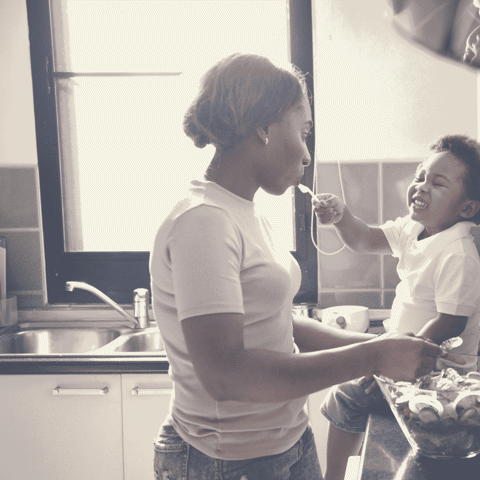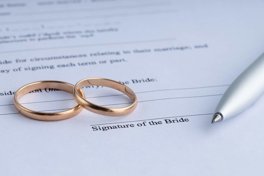Child Arrangement Orders
In these circumstances, a Court would normally grant a Child Arrangement Order, as well as consider whether it‘s necessary to grant a Parental Responsibility Order. A Child Arrangement Order deals with where a child shall live and who they should spend time and have contact with. A Child Arrangement Order will usually remain in place until a child reaches 16, but in exceptional circumstances, it can remain in force until a child’s 18th birthday.
If the Court granted a Child Arrangement Order that said the child should have contact with their father but not live with him, then the father would still have the right to apply for a Parental Responsibility Order, but it wouldn’t automatically be granted.
If there is a Child Arrangement Order in place that specifies that the child lives with the father, then this would mean that a Parental Responsibility Order would be automatically granted. Nobody could apply to change or remove the Parental Responsibility Order whist the Child Arrangement Order remained in force.







